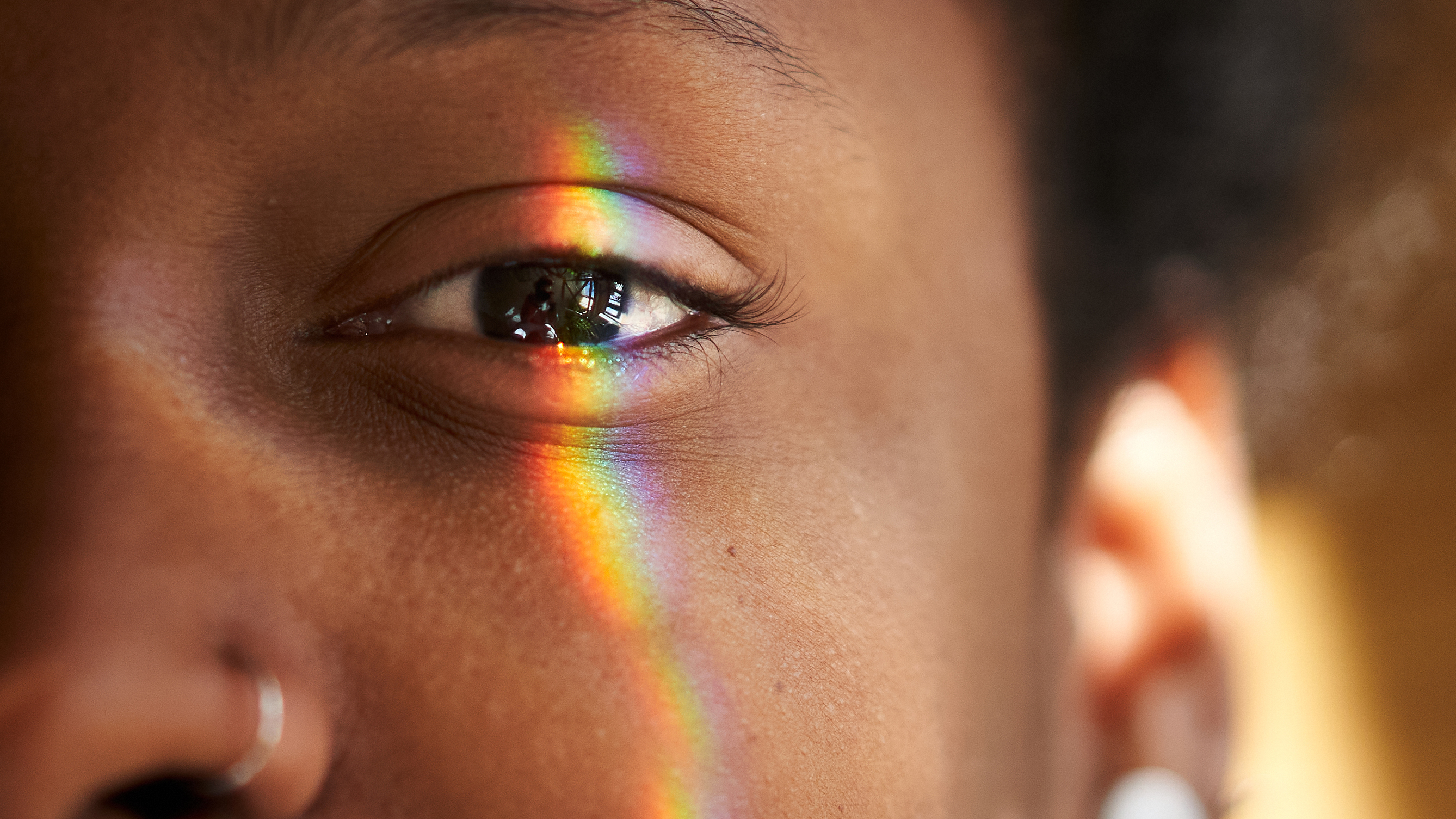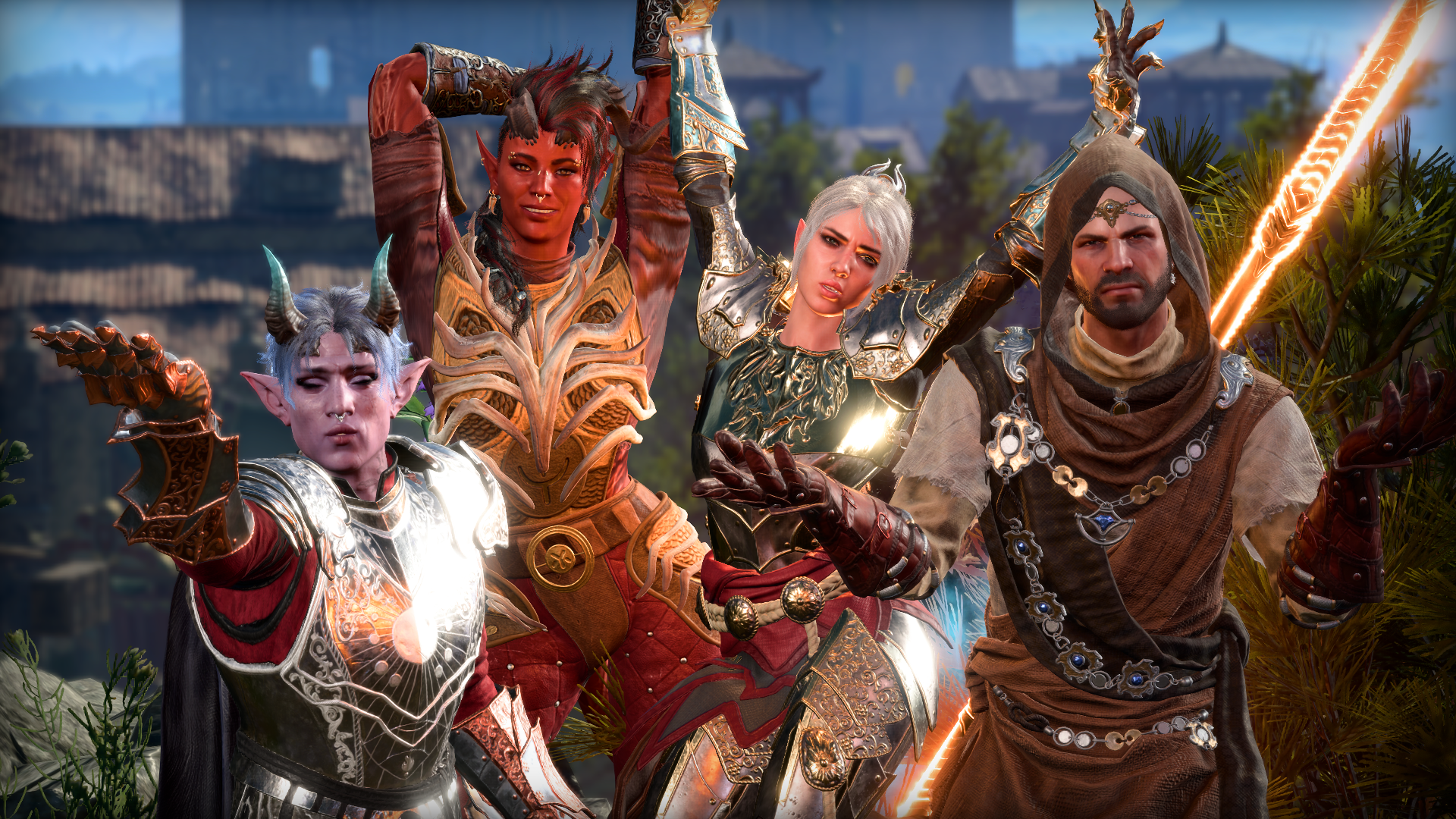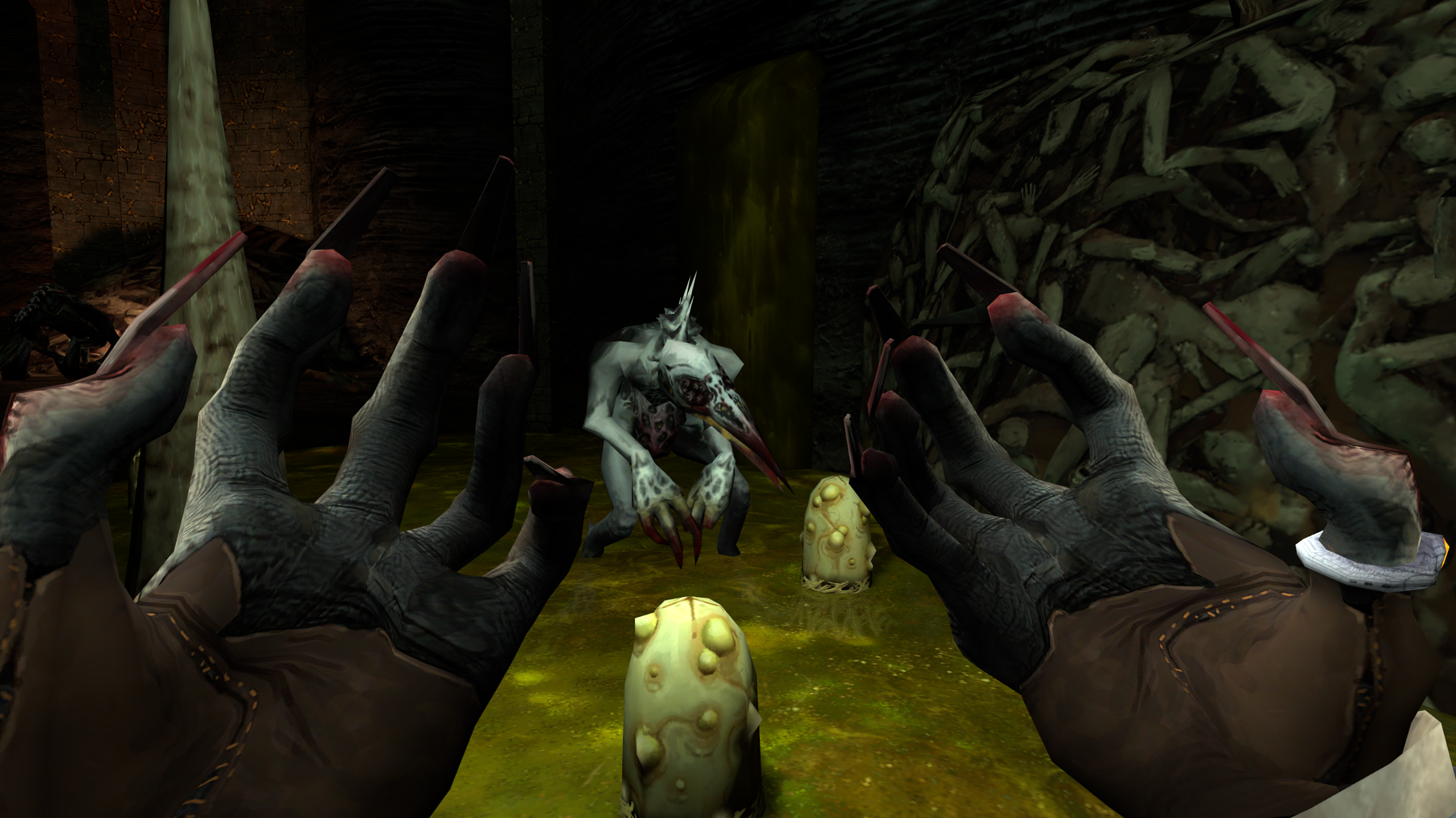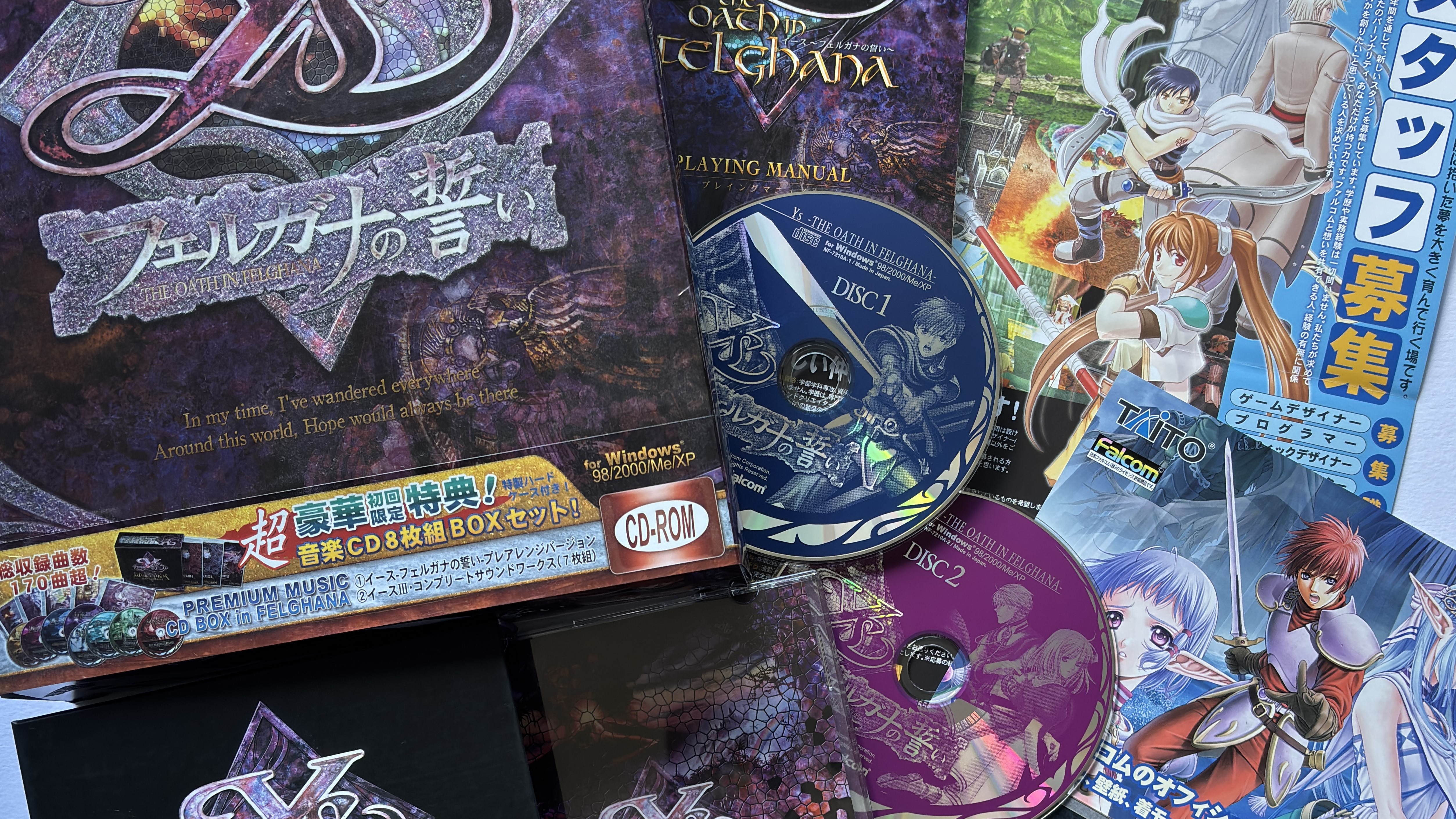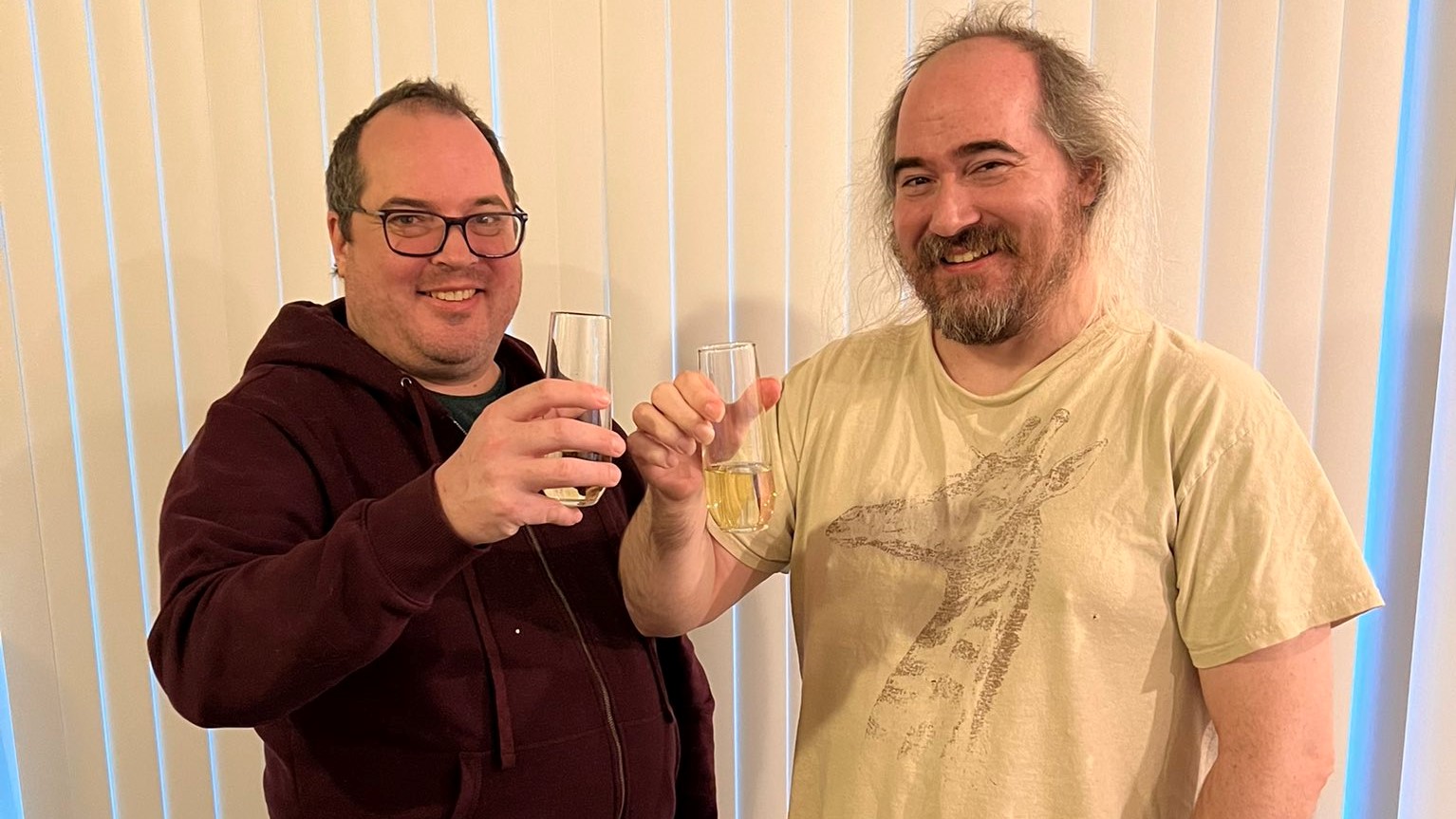
Super Mario Bros. Wonder producer Takashi Tezuka has a resume that would make him a household name at just about any other game developer or publisher. But at the famously secretive Nintendo, individual developers are rarely given a chance to speak publicly. Instead, the games are left to speak for themselves. But this week in New York City, I had the distinct privilege to speak to Tezuka-san, who joined Nintendo in 1984 and was a game designer and producer on the original Super Mario Bros., the original Legend of Zelda, and the Super NES classic The Legend of Zelda: A Link to the Past. Read that again. Three of the greatest games of all-time!
As such, I was curious if he felt he commanded instant respect from the rest of the development team. “Well, I don’t know if that’s true or not…” he began with a laugh, before Mouri-san, who himself has been with Nintendo since 1997, interjected. “It’s definitely true,” Wonder’s director said.
Tezuka-san proceeded to tell a story: “But there are a lot of people who want to talk to me. Within our development area we have some small tables with snacks on them, and those are really just traps to entice me to come into that area.” Both men laughed. “So when I’m lured in to take a snack, that’s when they pounce and start talking to me. And they don’t need to do that because I really want to speak with and interact with as many of the younger staff members as I possibly can. And I’m always telling them very frankly, ‘If you have something you want to ask me or something you want to talk about, just come on up.’”
“I’m very very interested to see how the younger generation of players interact with Mario. How do they play Mario? How does that differ from the way I traditionally played Mario? How do they think of him as a character?”
I asked both Nintendo veterans if they considered mentorship of Nintendo’s younger development staff part of his job. Mouri-san answered first and said, “Definitely.” Tezuka-san elaborated: “I’m very very interested to see how the younger generation of players interact with Mario. How do they play Mario? How does that differ from the way I traditionally played Mario? How do they think of him as a character? I’m really curious to see what that difference is between myself and the younger staff members. And that’s because I know that they will become the curators or shepherds of Mario going forward.”
As Tezuka-san also produced both Super Mario Maker games, I wanted to know if he thought those two games in particular, given their core build-your-own-Mario-levels ethos, have shaped the way that the younger Nintendo developers think about building a Mario game. “I really hope that Mario Maker is impacting the really young players,” he said. “Not so much the staff, but the really young children. I would love it if some of those young children would be interested, through Mario Maker, in the game industry and creating games – and if they eventually came to work at Nintendo that would be wonderful.” He paused to laugh, and added, “It’s not Mario Maker, but we do have a staff member who played Mario Paint as a child and became interested in the creation of video games and now works at Nintendo.”
For more on Super Mario Bros. Wonder, don’t miss our first hands-on preview as well as more from my conversation with Mouri-san and Tezuka-san, including their story of how Mario creator Shigeru Miyamoto didn’t like the initial design for Elephant Mario.
Ryan McCaffrey is IGN’s executive editor of previews and host of both IGN’s weekly Xbox show, Podcast Unlocked, as well as our monthly(-ish) interview show, IGN Unfiltered. He’s a North Jersey guy, so it’s “Taylor ham,” not “pork roll.” Debate it with him on Twitter at @DMC_Ryan.



